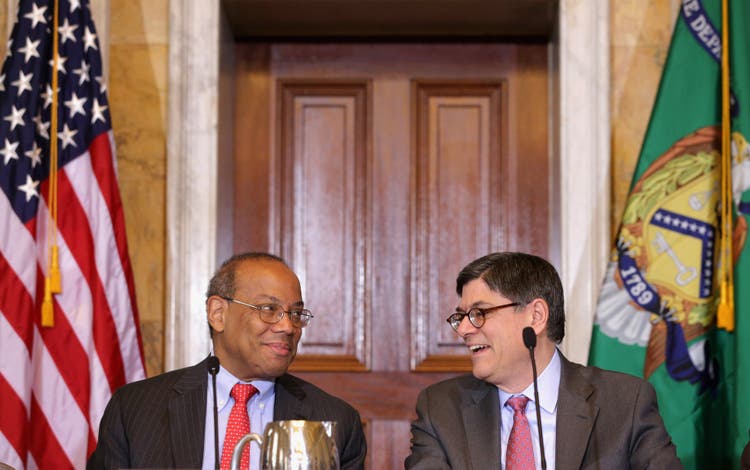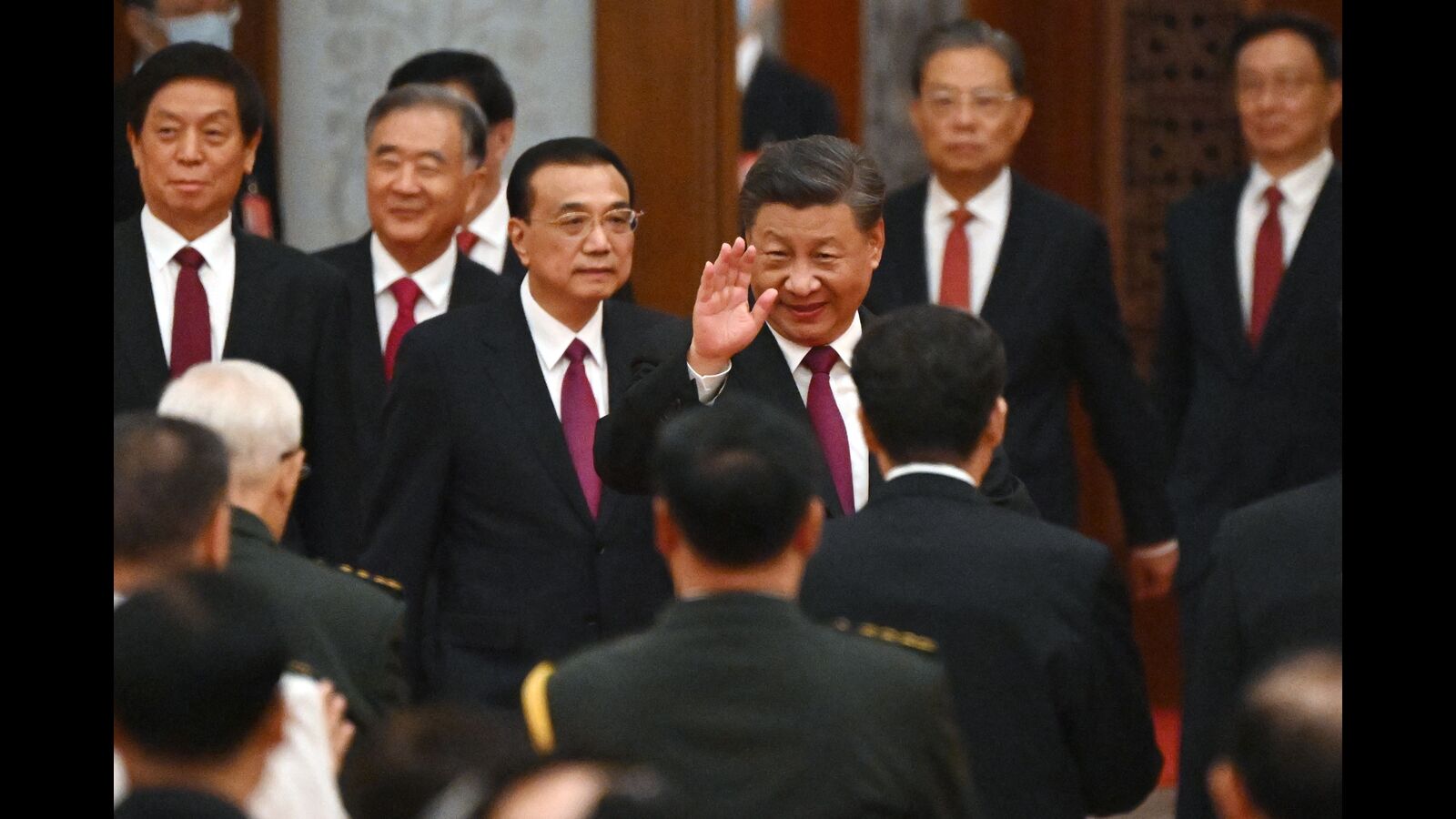Is economic mobility a dream of the past? In this episode, host Russ Roberts welcomes Harvard’s Raj Chetty, an economist deeply interested in the science of economic opportunity (among other things!). The subject of the conversation is a new study Chetty worked on (and recently published in Nature) which suggests that people with rich friends do better financially than poor people who are only connected to other poor people. The project developed a measure of “social connectedness” that purports to measure community-level (not individual, an important caveat) relationships with the use of Facebook data.
Roberts, ever skeptical of empirical research, was surprised by the magnitude of the results Chetty and his colleagues found. Chetty, too, notes the divergence from earlier findings about social mobility in sociology and other disciplines, which have traditionally placed more causal emphasis on factors such as trust or tight-knit community. Chetty and company’s findings don’t simply suggest that you should run out an make rich friends…but it does make Chetty wonder what can be done to bring more economic opportunity to more people. What other factors might be correlated with economic mobility? And if the answer is simple geography, why don’t we see more people moving to the sorts of neighborhoods Chetty and team identify?
We’d like to hear what you have to say. What was your biggest takeaway from this episode? Feel free to reply to any of the prompts below; let’s continue the conversation.
1- How do Chetty and his colleagues define “connectedness” and “neighborhood effects,” and how does connectedness’ relate to economic mobility? To what extent does “connectedness” ignore other factors (such as the quality of schools, family structure, and parenting)?
2- Roberts wonders if Chetty’s results are simply a reflection of selection bias issues- that is, ambitious parents will naturally try to move to the most advantageous neighborhoods for their children. How does Chetty respond, and to what extent does he convince you?
3- What are the major policy implications of this study? In other words, how can we create these connections and break down barriers to interaction? Chetty suggests there’s a missed opportunity in terms of how policy couples resources with the kind of social-capital, connection type of intervention his study suggests would be beneficial. How might we change policy accordingly, such that it accounts for social as well as economic support?
4- Do the results of Chetty’s research and his conversation with Russ make you more or less optimistic about the endurance of the “American Dream?” What accounts for your optimism or pessimism?
5- The conversation closes with a discussion on the nature and importance of economic education, a subject dear to our hearts at Econlib. What role should empirical techniques play in economic education? How does Chetty see the relationship between theory and data? What do you think this relationship should be. (Note: for two alternative perspectives, you might consider this article by Nikolai Wenzel and this article by Don Boudreaux.)
















